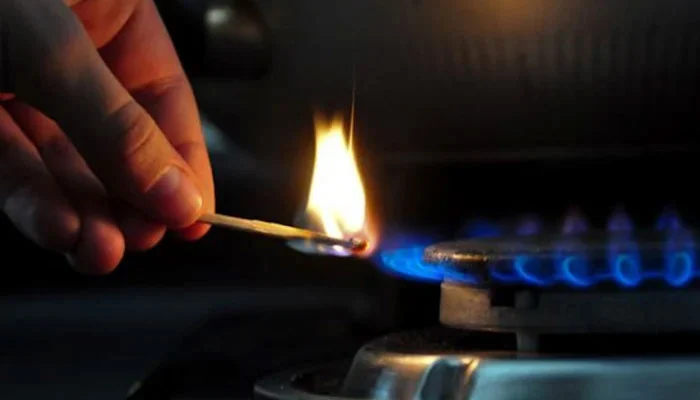
The Economic Coordination Committee (ECC) is set to meet today to approve a plan to increase gas tariffs, a key part of the International Monetary Fund’s (IMF) conditions. The IMF has demanded that Pakistan increase gas tariffs in order to reduce the circular debt in the gas sector.
The government is likely to increase the local gas tariff up to 173% for non-protected domestic consumers, 136.4% for commercial, 86.4% for export, and 117% for the non-export industry.
The cement sector will have to purchase the gas 193.3% higher than the current cost, making it the biggest bearer of the brunt. The CNG sector will face the second-highest increase in gas tariff by 143.8%.
The government, however, does not plan on increasing the tariff for tandoors, which would ensure that roti prices remain stable.
The summary prepared by the petroleum ministry that is to be pitched today in the ECC meeting shows it has not spared the four protected domestic consumer categories. It has proposed to increase their monthly fixed charges from Rs10 to Rs400 per month.
The Petroleum Division has also proposed to increase the per month fixed charges for the first 4 non-protected domestic consumers by 117.4% to Rs1,000 from Rs460 per month. For the remaining 4 non-protected domestic consumers, the monthly fixed charges would be increased by 334.78% to Rs2,000 from Rs460 per month.
The government’s failure to increase gas prices from July 1 has forced it to incur a loss of Rs50 billion during the July-September period in the gas sector. The government hopes that the increase in gas tariffs will help to bridge these losses.
The IMF has been taken onboard on this point and has been informed that the gas prices would be increased in such a manner that it would not increase the circular debt during this financial year. The circular debt currently stands at Rs2.9 trillion.
The Petroleum Division will try to ensure that the gas tariff hike is implemented from October 1. If the government decides to implement the hike from today onwards, the circular debt would increase by Rs15 billion.
There would be no increase in the gas tariff from January 1, 2024. A further gas tariff increase would be implemented as under the law, the review of gas prices is carried out bi-annually.
The government’s decision to increase gas tariffs is likely to have a significant impact on the economy. It is likely to lead to an increase in the prices of goods and services, as well as an increase in inflation. However, the government hopes that the increase in gas tariffs will help to reduce the circular debt in the gas sector and improve the financial health of the Sui companies.